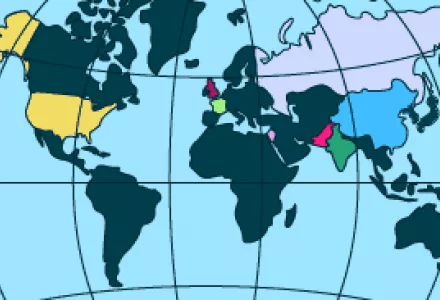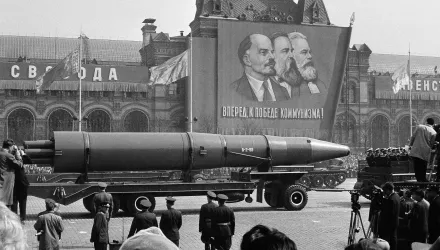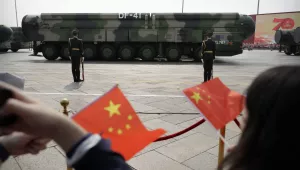MTA Fellow Ian Stewart talks about engaging the private sector in nonproliferation efforts by supplementing export controls and sanctions with anti-proliferation in the supply chain.
Proliferation increasingly requires the indigenisation of the nuclear fuel cycle and the acquisition from overseas of proliferation-sensitive technologies. However, the tools used by the international community to deny proliferants access to these prerequisite goods -- technology sanctions and state-centric export controls -- are increasingly challenged by the globalisation of the manufacturing base and complex trade pathways. This presentation introduces the principle of "anti-proliferation" in the private sector's supply chains and considers how it could supplement state-centric export controls.




